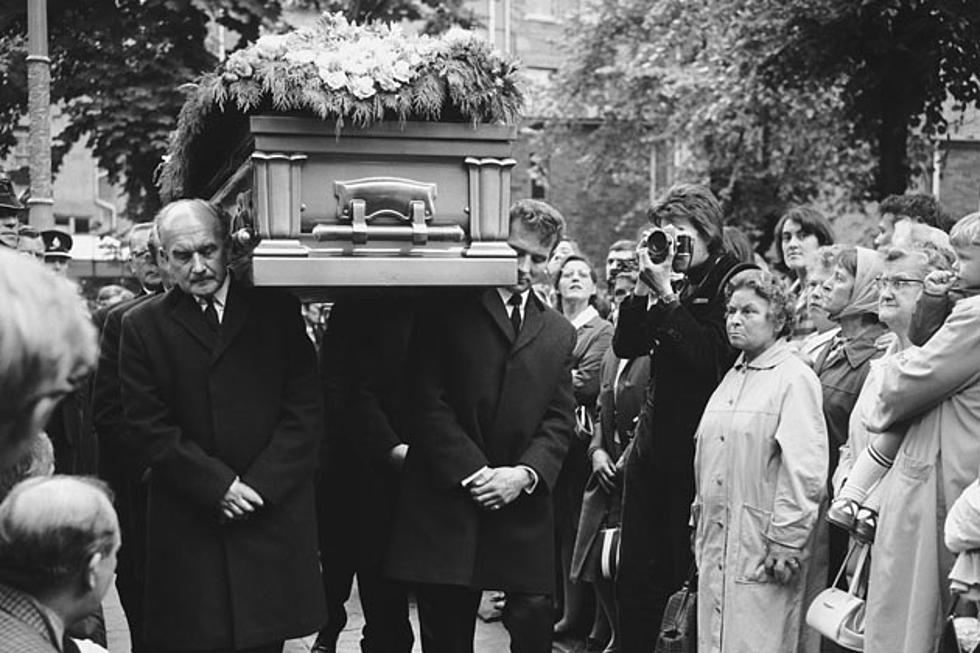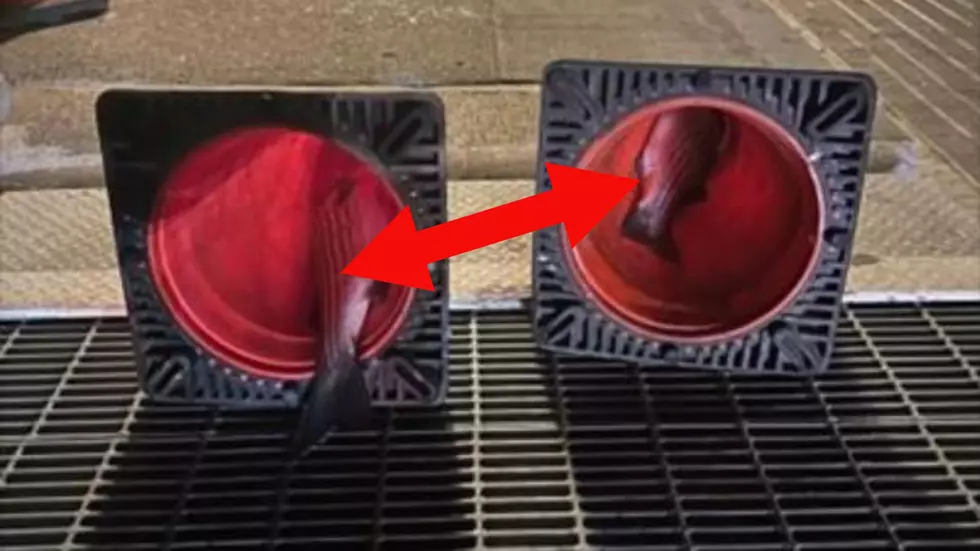
The Day Brian Jones Was Laid to Rest
Former Rolling Stones guitarist Brian Jones was laid to rest in a well-attended ceremony on July 10, 1969, at Cheltenham Cemetery. He was only 27 years old.
When the news broke eight days earlier that Jones had drowned in his pool, it sent shock waves through the London cultural scene. Even though he’d exhibited somewhat erratic behavior in the months before his death, no one expected that he’d leave so soon.
Many wondered aloud if foul play may have been responsible, and much speculation descended upon a handy man hired by Jones named Frank Thorogood as the man responsible, but after a thorough investigation, the police declared the musician’s demise as a “death by misadventure.”
Two days after his death, his former band the Rolling Stones played a massive free concert in London’s Hyde Park that was reformatted as a tribute show to their fallen comrade. Just before the band hit the stage, lead singer Mick Jagger came out and read from the Percy Shelley poem Adonais, in tribute to Jones after which hundreds of white butterflies were released into the summer air. “We wanted to see him off in grand style,” Keith Richards wrote in his autobiography, Life. “The ups and downs with the guy are one thing, but when his time’s over, release the doves, or in this case the sackfuls of white butterflys.”
It was a hot and sunny day in Jones’ hometown of Cheltenham. Thousands had descended upon the small town to bid farewell and lined the streets to watch as the 14-car funeral procession made its way to the burial site. Former bandmates Charlie Watts and Bill Wyman were there, but Mick and Keith were unable to make it. The whole band chipped in for an enormous eight-foot flower arrangement of yellow and red roses with the phrase “Gates of Heaven” written in flowers.
In spite of the tragic occasion, the preacher delivered a somewhat caustic eulogy, using it as a platform to decry Jones’ seemingly destructive lifestyle. “He had little patience with authority, convention and tradition,” Canon Hugh Evan Hopkins said. “In this, he was typical of many of his generation who have come to see in the Rolling Stones an expression of their whole attitude to life. Much that this ancient church has stood for in 900 years seems totally irrelevant to them."
The press was out in droves and snapped photo after photo of friends, family, the procession and even the empty hole that had been dug for Jones’ shining bronze casket. As he was lowered into the ground, people crowded to the front in an attempt to cast a flower down with him.
It was a sad final act for a star whose light burned out far too quickly.
Ranking Rolling Stones Compilation Albums
A Look Back at Rock’s Tragic ‘27 Club’
More From Q 105.7










